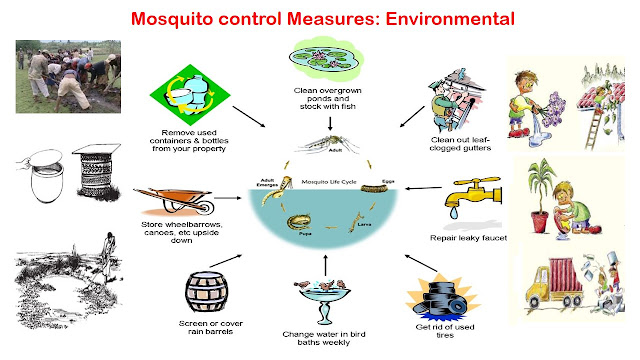World Sepsis Day 2020: Let's talk to Prevent Sepsis & Save lives
What is sepsis?
Sepsis is extreme response of the body to an infection which occurs when an infection (you already have —in your skin, lungs, urinary tract, or somewhere else) triggers a chain reaction throughout the body. Sepsis is a life-threatening organ dysfunction & a medical emergency. If not recognized early and managed promptly, it can lead to septic shock, multiple organ failure and death.
What is the need of awareness?
Sepsis is a syndromic response to infection and is mostly a final common pathway to death from many infectious diseases worldwide particularly in low- and middle-income countries where it represents a major cause of maternal and neonatal morbidity and mortality. Sepsis patients with resistant pathogens have been found to have a higher risk of hospital mortality.
When is it celebrated?
World Sepsis Day is held on September 13th every year and is an opportunity for people worldwide to unite in the fight against sepsis. It is used to educate even more people on sepsis, which is the most common pathway to death from most infectious diseases worldwide, including SARS-CoV-2, influenza, malaria, ebola, and more.
Who are at risk?
Anyone affected by an infection, severe injury or serious non-communicable disease can develop sepsis but vulnerable populations are at higher risk including:
- Older persons (Adults 65 or older)
- Pregnant or recently pregnant women
- Neonates & Children younger than one
- Hospitalized patients
- Patients in intensive care units
- People with HIV/AIDS
- People with liver cirrhosis
- People with cancer
- People with kidney disease
- People with autoimmune diseases
- People with no spleen
- People diabetes, lung disease
- People with weakened immune systems
- Sepsis survivors
What are signs and symptoms?
Suspecting sepsis is a first major step towards early recognition and diagnosis. Sepsis is a medical emergency and can present with various signs and symptoms at different times. Warning signs and symptoms include:
- Fever or low temperature and shivering
- Altered mental status
- Difficulty breathing/rapid breathing
- Increased heart rate
- Weak pulse/low blood pressure
- Low urine output
- Cyanotic or mottled skin
- Cold extremities and
- Extreme body pain or discomfort
How to prevent sepsis?
Prevention of infection in the community involves using effective hygiene practices, such as
- Hand washing
- Safe preparation of food
- Improving sanitation, water quality and availability
- Providing access to vaccines (particularly for those at high risk)
- Appropriate nutrition (including breastfeeding for newborns)
- Appropriate antibiotic treatment of infection
- Prompt seeking of medical care &
- Early detection of sepsis signs and symptoms
- Early diagnosis, timely & appropriate clinical management such as optimal antimicrobial use and fluid resuscitation, are crucial to increase the survival.
References:
- https://www.who.int/news-room/fact-sheets/detail/sepsis
- https://www.cdc.gov/sepsis/what-is-sepsis.html
- https://www.who.int/life-course/news/events/world-sepsis-day-2018/en/
- https://www.worldsepsisday.org/
- https://www.australiansepsisnetwork.net.au/world-sepsis-day
- http://www.wfpiccs.org/projects/sepsis-initiative/world-sepsis-day-13-september/
- https://www.unicef.org/supply/media/2946/file/Sepsis-Diagnostic-Use-Cases-v1.pdf
- https://www.cdc.gov/sepsis/pdfs/Consumer_brochure_its-time-to-talk-about-sepsis-P.pdf photo credit
- https://commons.wikimedia.org/wiki/File:Poster_%22Stop_microbes_wash_your_hands%22.jpg photo credit
- https://twitter.com/worldsepsisday/status/1124306273447620608 photo credit








Comments
Post a Comment